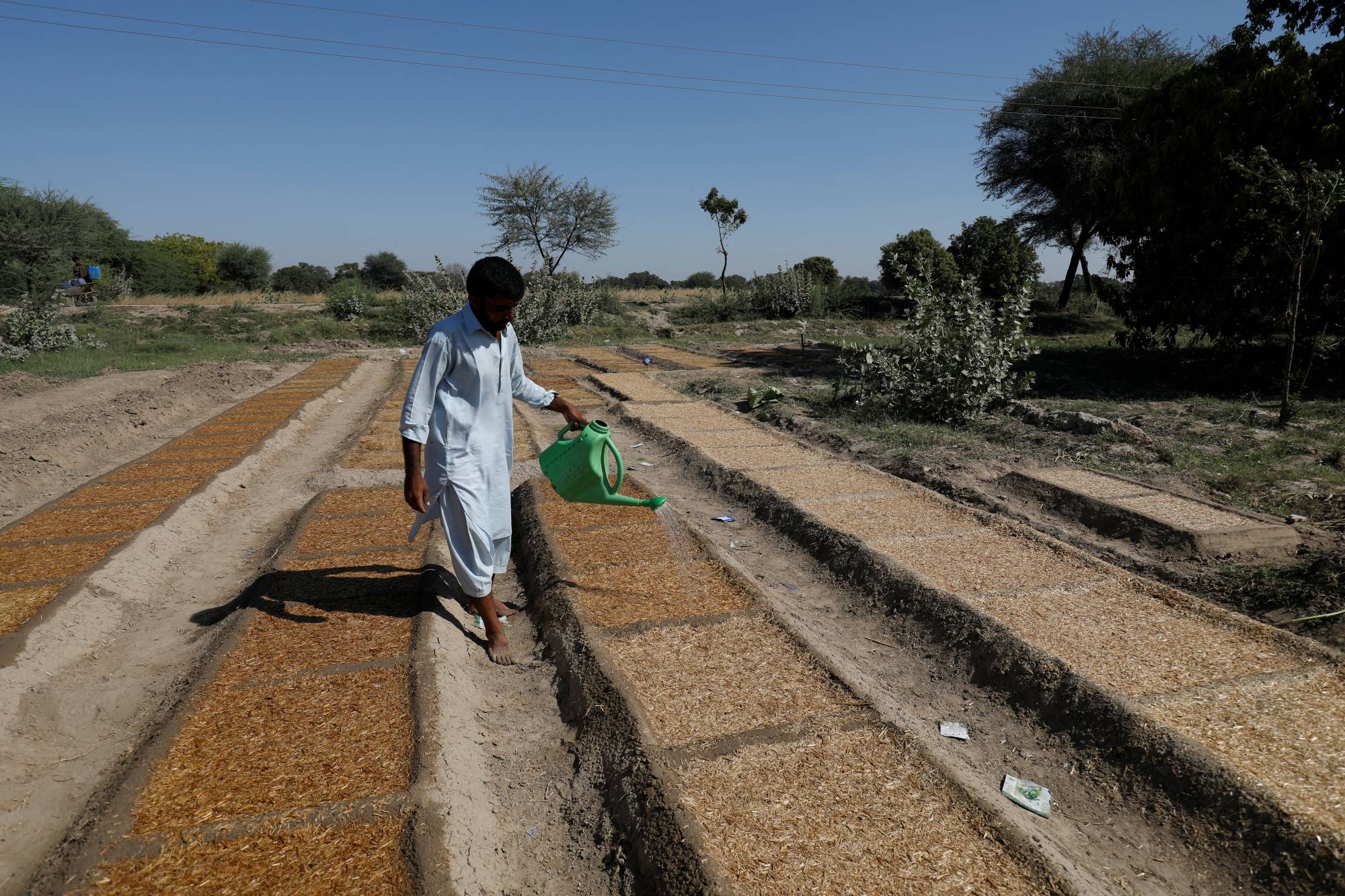In nations from Somalia to Pakistan, the world's poorest and most fragile communities are facing the harshest impacts of climate change — a reality that is driving worsening poverty, potential for conflict and resentment against major polluters.
But finding innovative ways to get finance directly to those communities, to build resilience that is based on local knowledge and desires, could save cash and lives, and protect a global humanitarian system increasingly overwhelmed by surging need.
Right now, "there's a real sense of compounding crisis," with poorer nations battling a combination of climate shocks, heavy debt and economic woes, said David Miliband, president of the International Rescue Committee, a global humanitarian aid and development organization.



